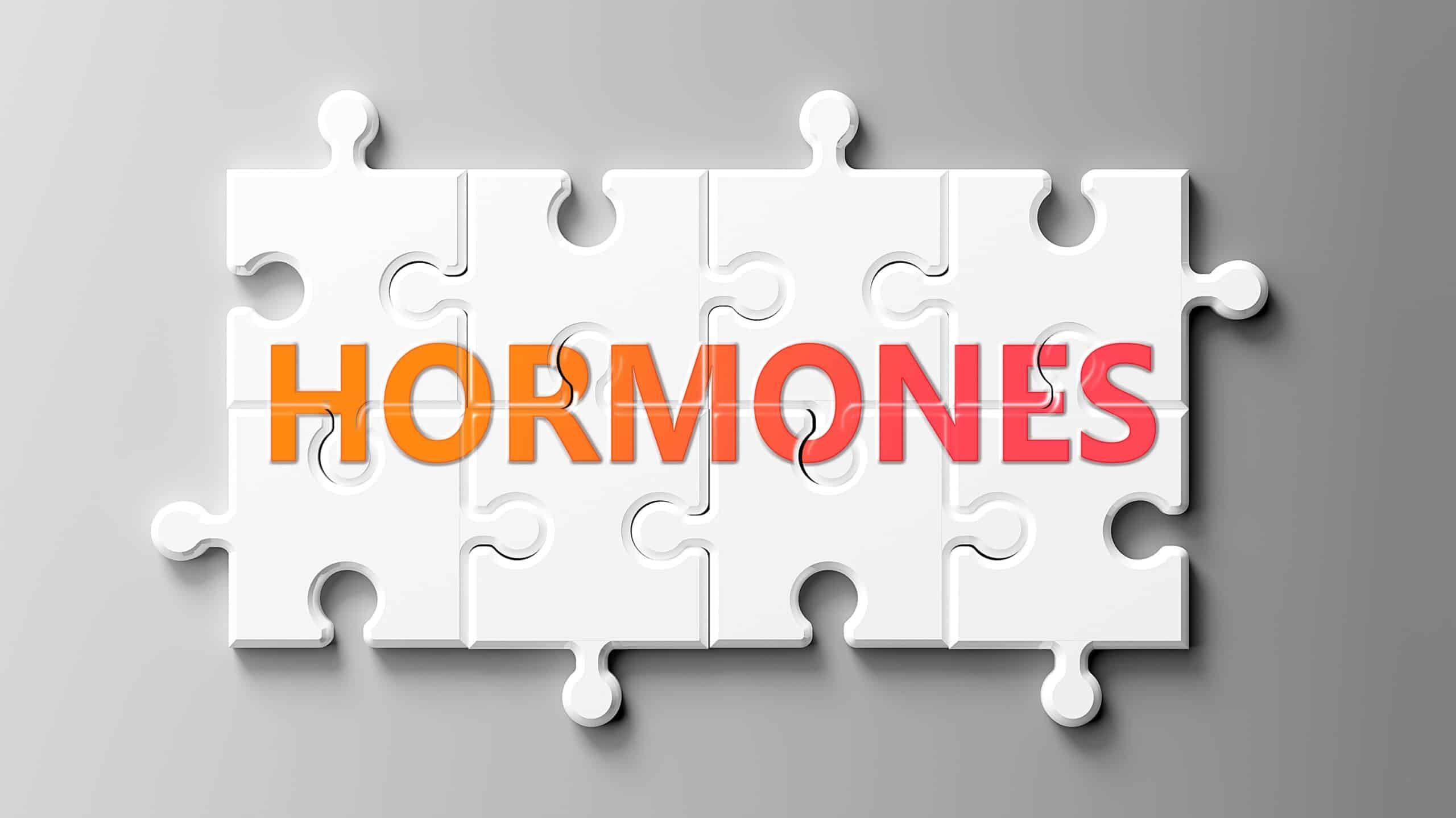Things That Mess With Your Hormones, Among Others
It may come as a surprise, but some of the things we consume, for instance, may wreak havoc on our health. It’s all the same with certain habits that we, humans, tend to develop. And while these may have disastrous effects on our entire bodies – lack of sleep is one of them – here, we’re focusing on how they may affect our hormones.
#1 Diet
In spite of popular belief, having a healthy gut is crucial to your overall health, making a balanced, nutritious diet all the more vital. Many health problems, hormonal imbalances included, have their origins in inflammation, which in turn is connected to poor gut health. Furthermore, an unhealthy stomach might influence hormone levels because it causes the immune system to work harder.
Having said that, here are some ways to prevent diet-induced hormonal abnormalities:
- Maintain a healthy diet by balancing your macronutrients, also known as carbs, proteins, and fats.
- Reduce your intake of inflammatory foods. Inflammatory foods are specific to each individual. Therefore, to determine which food is to blame for your hormonal imbalance, your doctor may order an exclusion diet or test for food sensitivities. Nevertheless, white flour, trans fats, refined sugar, and dairy products are, more often than not, culprits to inflammation and, thus, problems with hormones.
- Consume more probiotics. To do so, you are encouraged to consume fermented foods, such as kefir, yogurt, and kimchi. Prebiotics, some of them are bananas, oats, leeks, and chicory root, which might help as well.
- Get enough fiber. Ideally, your aim should be 25-30 mg of fiber a day. Some of the high-fiber foods include avocados, legumes, raspberries, whole grains, and psyllium husk.
- Eat healthy fats. This type of fat can be found in fish, nuts, coconut and olive oil, and also dairy.
- Consume plenty of water. The rule of thumb suggests you should aim to consume at least 8 glasses of water a day.
#2 Caffeine Intake
In addition to the foods you eat, the quantity of caffeine you consume can also affect your hormone levels. Drinking coffee or energy drink excessively causes the adrenal glands to secrete more stress hormones. This, in turn, can negatively affect your sleep, appetite, digestion, and even energy levels – the exact opposite of why you would consume caffeine-rich drinks in the first place.
However, coffee, when drunk in moderation, may have a positive impact on your body. For instance, research has shown that it might even promote longevity. That said, saying goodbye to coffee might not be a good idea. Reducing its intake, on the other hand, is.
#3 Drinking Alcohol
On top of negatively affecting one’s sleep, alcohol messes with one’s hormones, as well. Recent studies suggest that overconsumption of alcohol leads to an increased level of estrogen in women, which, in turn, has been shown to cause insulin resistance, pancreatic issues, malnutrition, and even anxiety. Moreover, testosterone levels seem particularly low in alcoholics, which further contributes to decreased sex drive.
It’s said that women should limit themselves to one drink per day, while males should have no more than two drinks per day. However, the more you avoid alcohol, the more in tune with yourself you will be. Still, knowing how hard it is to stop a bad habit such as drinking alcohol, there’s no shame in asking for help. When battling alcohol addiction, it’s recommended to let experts help you. In some instances, seeking professional assistance is even necessary.
#4 Smoking
Smoking is bad – that much everybody knows. Still, the consequences of smoking go beyond the increased risk of developing lung cancer and other respiratory problems. With that said, among things that mess with your hormones, smoking might even be one of the most surprising ones. It primarily wreaks havoc on reproductive hormones, namely, testosterone and estrogen. And to make matters worse, women smokers might find themselves battling infertility as this awful habit seems to shorten the reproductive period by up to 10 years.
#5 Constant Stress
The release of stress hormones is a physiological response to stress. That’s why it’s possible for hormones to fluctuate while you’re going through a stressful period.
The following are potential outcomes of the elevation of the stress hormone cortisol:
- Poor immunity
- Weight gain or loss
- Anxiety and depression
- Lack of focus and poor memory
It’s important to note that the dangers of stress are, unfortunately, many and aren’t limited to hormonal abnormalities. That’s precisely why stress shouldn’t be ignored but rather dealt with by practicing self-care and mindfulness.
How to Deal With Things That Mess With Your Hormones?
If you are suffering from a hormonal imbalance caused by one of the above things that mess with your hormones, rest assured you aren’t a lost cause. In fact, as soon as you have made positive changes to your lifestyle, you can expect a turn for the better. Of course, since making drastic changes overnight isn’t easy, taking it one step at a time is just as good. As long as you are willing to improve, you’ll come out of this a winner. We know it!




